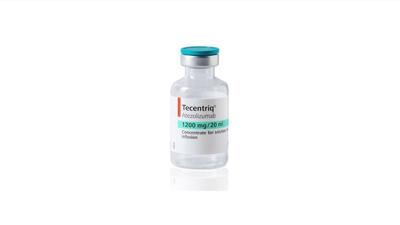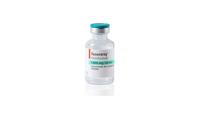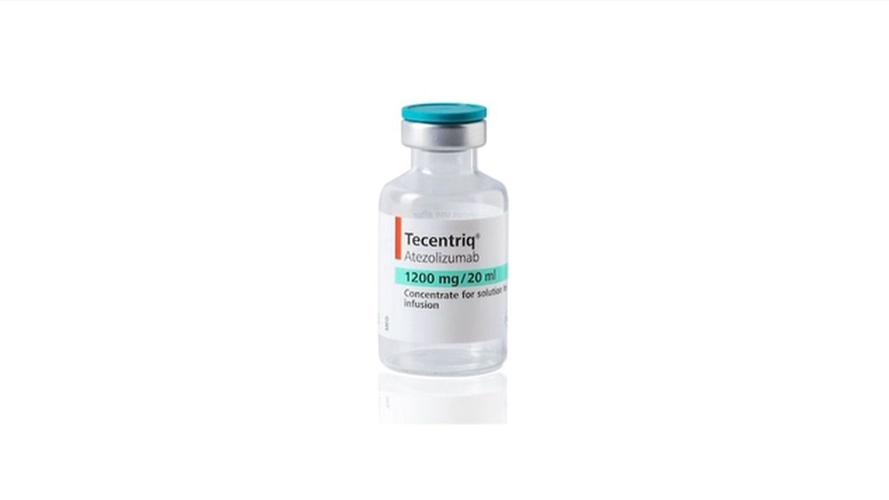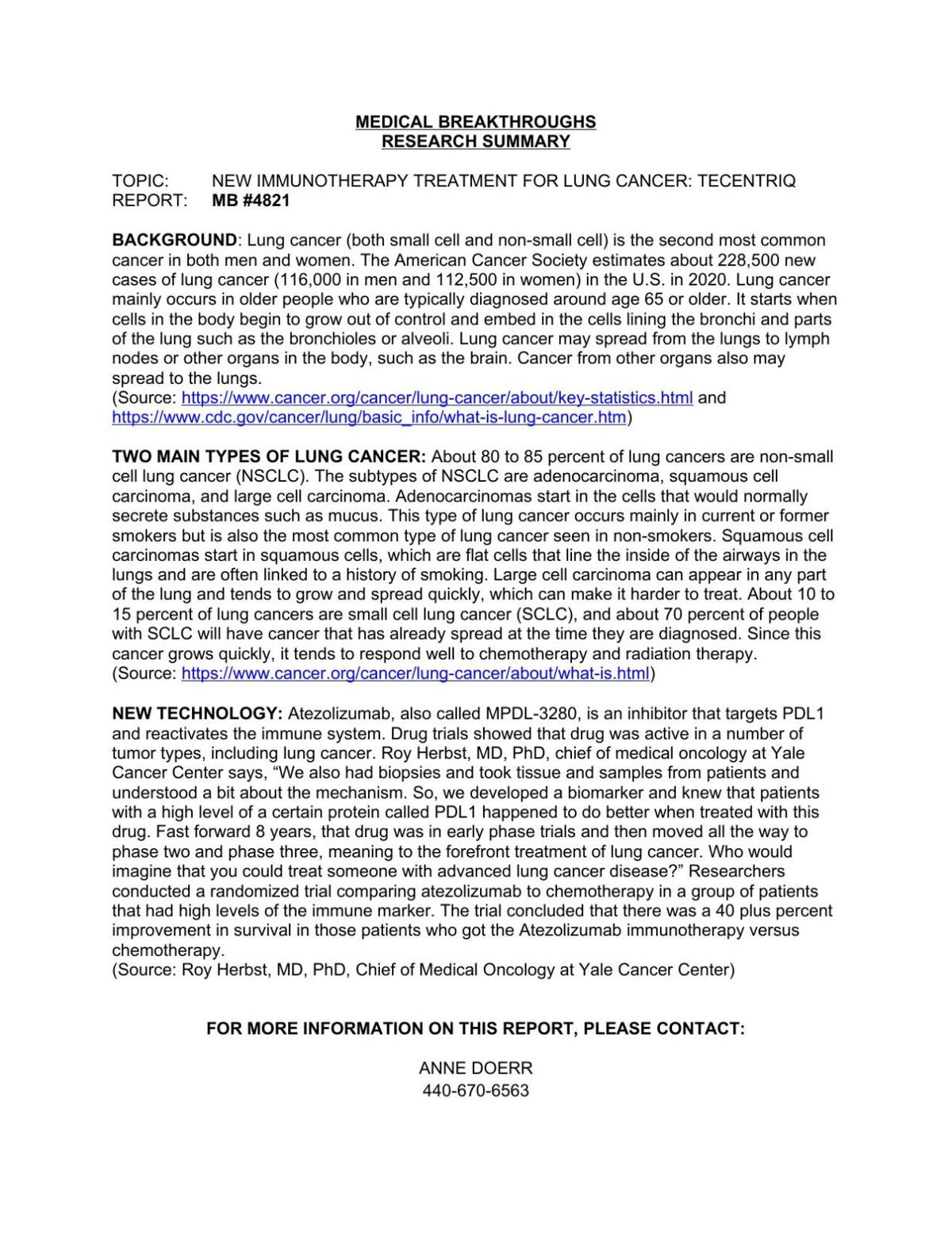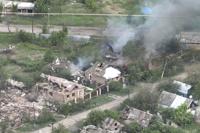NEW HAVEN, Conn. - More than 200,000 people a year in the United States are diagnosed with non-small cell lung cancers, which make up about 80% of all lung cancers. Now, the results of a phase-three clinical trial show the immunotherapy drug atezolizumab, also known as Tecentriq, improves survival.
"There was 40-plus percent improvement in survival in those patients who got the immunotherapy, the atezolizumab, versus the chemotherapy," said Dr. Roy Herbst, the chief of medical oncology at Yale Cancer Center.
The trial enrolled 554 patients with stage-four metastatic tumors. The patients on atezolizumab survived an average of 20 months, as compared with 13 months for those on chemotherapy.
Herbst, who authored the study, said the drug was well-tolerated by patients and could signal a change in treatment options for non-small cell lung cancer patients.
"Now in those patients, they don't have to get chemotherapy with all the side-effects of chemotherapy," Herbst said.
Atezolizumab is a checkpoint inhibitor; it targets a protein known as PDL1 on the surface of tumor cells and helps the immune system attack the cancer. Patients receive it every three weeks as an IV infusion. In May, the FDA approved it for the treatment of non-small cell lung carcinoma.
